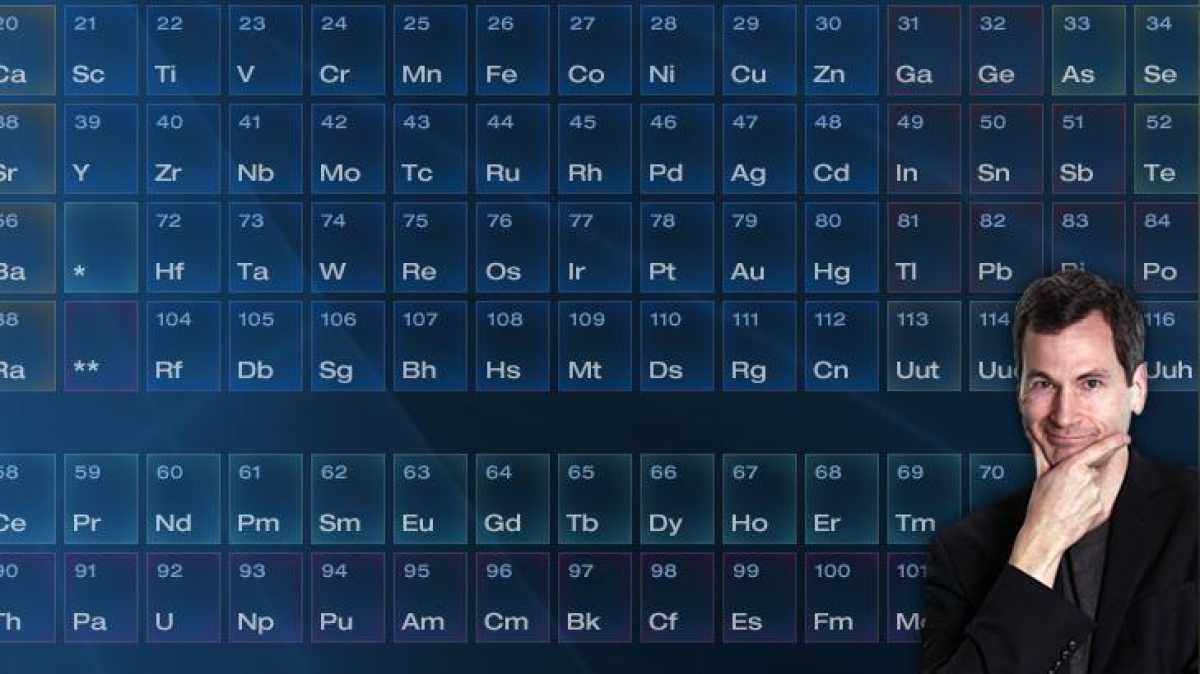Education
National Periodic Table Day Celebrates the Building Blocks of the Universe

As scientists around the world prepare to celebrate National Periodic Table Day on February 7th, a day dedicated to the fundamental building blocks of matter, there are plenty of fascinating facts to uncover. Russian chemist Dmitri Mendeleev’s revolutionary work in arranging elements in a structured table is at the heart of this celebration. Using a solitaire sorting strategy of columns and rows, Mendeleev organized the elements and provided a foundation for further scientific discoveries.
The first element in the periodic table is hydrogen. With its simple atomic structure, hydrogen is also the most abundant element in the universe, playing a vital role in the formation of stars and galaxies.
An intriguing addition to the periodic table is Oganesson (Og), a synthetic element. Its extreme instability gives it a half-life of under a millisecond, making it incredibly rare and challenging to study.
Several elements pay tribute to renowned scientists. One such example is curium, named after Nobel Prize winner Marie Curie for her pioneering work in radioactivity and its applications in cancer treatment.
To gain more insight into the world of elements, we reached out to the faculty and graduate students at Clemson University‘s Department of Chemistry. Among their favorites were iodine, which holds historical significance for South Carolina, hydrogen for its versatile properties and prevalence, gold for its personal connection, sulfur and phosphorus for their roles in crucial chemical processes, and iridium for its rarity and cosmic origins.
Learning the periodic table can be a daunting task, but there are various techniques to make it more manageable. Mnemonic devices, acronyms, and stories can help remember the order of elements. Observing patterns within the table and utilizing interactive tools and games can also aid in retention. Repetition, practice, and teaching others about the periodic table further reinforce understanding and memorization.
On this National Periodic Table Day, let us acknowledge the remarkable contributions of scientists, past and present, in unraveling the mysteries of the universe through the elements. Explore the wonders of the periodic table, delve into its complexities, and appreciate the intricate symphony of the building blocks that compose our world.












